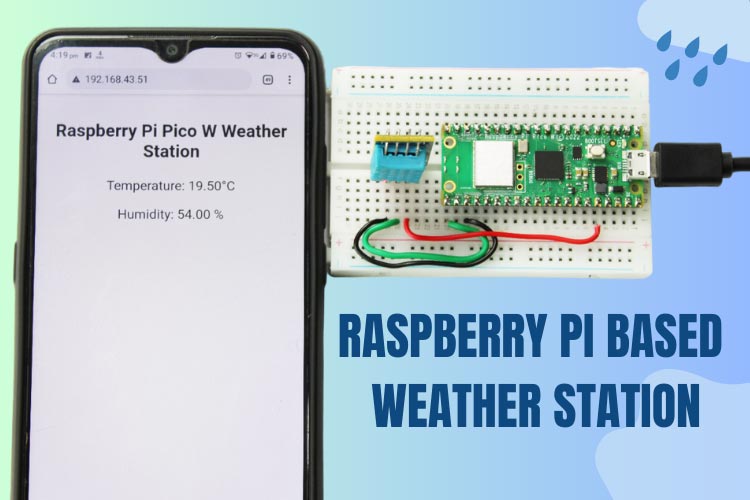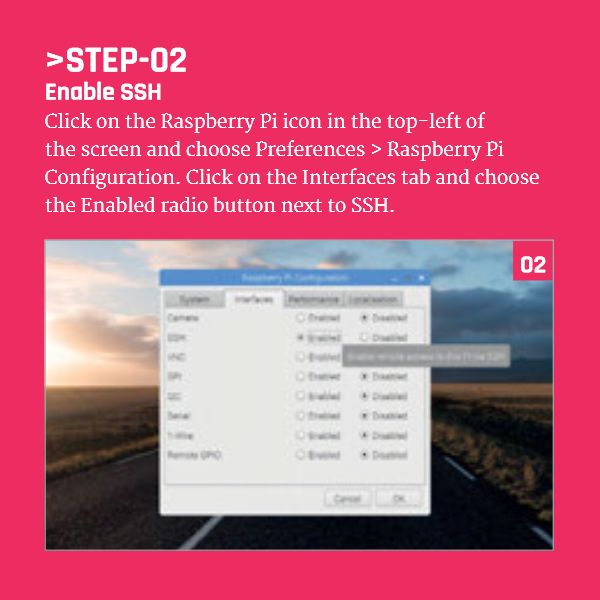Are you searching for the best SSH IoT platform for Raspberry Pi free? If so, you're not alone. Many developers and hobbyists are looking for reliable, cost-effective solutions to manage their IoT projects without breaking the bank. This guide will walk you through the top platforms available, their features, and how they can enhance your Raspberry Pi-based IoT projects.
SSH (Secure Shell) is a critical tool for managing remote systems securely. When combined with IoT platforms, it allows users to control devices, monitor data, and deploy applications effortlessly. Whether you're a beginner or an experienced developer, finding the right SSH IoT platform can significantly impact your project's success.
In this article, we'll explore the best SSH IoT platforms that offer free tiers, helping you make an informed decision. From setting up your Raspberry Pi to integrating advanced features, this guide will cover everything you need to know to get started.
Read also:Unveiling The World Of Evolved Fight A Comprehensive Guide
Table of Contents
- Introduction to SSH IoT Platforms
- Raspberry Pi Overview
- Why Use SSH for IoT?
- Top SSH IoT Platforms for Raspberry Pi Free
- Comparison of SSH IoT Platforms
- Step-by-Step Setup Guide
- Security Best Practices for SSH IoT
- Community Support and Resources
- Future Trends in IoT Platforms
- Conclusion and Call to Action
Introduction to SSH IoT Platforms
SSH IoT platforms have revolutionized the way developers interact with remote devices. These platforms provide a secure and efficient means of managing IoT projects, especially when combined with powerful hardware like the Raspberry Pi. By leveraging SSH, users can execute commands, transfer files, and monitor device performance from anywhere in the world.
The demand for SSH IoT platforms has surged due to the increasing popularity of IoT devices. With the Raspberry Pi being one of the most versatile and affordable single-board computers, it's no surprise that developers are eager to find the best SSH IoT platform for Raspberry Pi free. This section will explore the importance of SSH in IoT and how it enhances your projects.
Raspberry Pi Overview
The Raspberry Pi is a compact, low-cost computer designed for educational purposes and hobbyist projects. Over the years, it has become a favorite among developers and makers due to its flexibility and ease of use. The Raspberry Pi can be used for a wide range of applications, from home automation to industrial IoT solutions.
One of the key advantages of the Raspberry Pi is its compatibility with various SSH IoT platforms. This makes it an ideal choice for those looking to build scalable and secure IoT projects. Below are some features that make the Raspberry Pi stand out:
- Compact and lightweight design
- Support for multiple operating systems
- Extensive GPIO pins for interfacing with sensors and actuators
- Active community and abundant resources
Why Use SSH for IoT?
SSH (Secure Shell) is a network protocol that provides secure communication between devices. In the context of IoT, SSH is essential for ensuring the security and reliability of remote operations. Here are some reasons why SSH is crucial for IoT projects:
- Security: SSH encrypts all data transmitted between devices, preventing unauthorized access.
- Remote Access: With SSH, you can manage your IoT devices from anywhere, making it ideal for remote monitoring and control.
- Automation: SSH enables the execution of automated scripts, streamlining routine tasks and improving efficiency.
Top SSH IoT Platforms for Raspberry Pi Free
Choosing the right SSH IoT platform can be overwhelming, especially with so many options available. To help you make an informed decision, we've compiled a list of the best SSH IoT platforms for Raspberry Pi free. Each platform offers unique features and benefits, catering to different project requirements.
Read also:Lily Phillips Next Project A Glimpse Into Her Upcoming Ventures
Platform 1: PlatformIO
PlatformIO is an open-source ecosystem for IoT development, providing a seamless integration with Raspberry Pi. It supports multiple programming languages and frameworks, making it a versatile choice for developers. Some of the key features of PlatformIO include:
- Integrated development environment (IDE)
- Support for various hardware platforms
- Community-driven libraries and plugins
Platform 2: Adafruit IO
Adafruit IO is a cloud-based IoT platform that offers a free tier for hobbyists and small-scale projects. It provides an intuitive dashboard for monitoring and controlling IoT devices, making it easy to use even for beginners. Key features of Adafruit IO include:
- Real-time data visualization
- Support for multiple protocols, including SSH
- Integration with third-party services
Platform 3: ThingsBoard
ThingsBoard is an open-source IoT platform that allows users to build scalable and secure IoT solutions. It offers a free community edition that supports SSH integration, making it a popular choice for Raspberry Pi projects. Some of the standout features of ThingsBoard include:
- Scalable architecture
- Advanced data analytics and visualization
- Customizable dashboards
Comparison of SSH IoT Platforms
To help you decide which platform is best suited for your needs, we've created a comparison table highlighting the key features of each platform:
| Platform | Price | Key Features | Best For |
|---|---|---|---|
| PlatformIO | Free | Open-source, multi-language support | Advanced developers |
| Adafruit IO | Free tier available | Easy-to-use dashboard, real-time data | Beginners and hobbyists |
| ThingsBoard | Free community edition | Scalable, customizable dashboards | Enterprise-level projects |
Step-by-Step Setup Guide
Setting up an SSH IoT platform on your Raspberry Pi is a straightforward process. Below is a step-by-step guide to help you get started:
- Install the latest version of Raspberry Pi OS on your device.
- Enable SSH by creating an empty file named "ssh" on the boot partition.
- Connect your Raspberry Pi to the internet and configure Wi-Fi settings.
- Download and install your chosen SSH IoT platform.
- Follow the platform's documentation to complete the setup process.
Security Best Practices for SSH IoT
Security is paramount when working with IoT devices. To ensure the safety of your Raspberry Pi and connected devices, follow these best practices:
- Use strong and unique passwords for SSH access.
- Disable password authentication and use SSH keys instead.
- Regularly update your Raspberry Pi OS and installed software.
- Limit SSH access to trusted IP addresses.
Community Support and Resources
Each SSH IoT platform has an active community of users and developers who contribute to its growth and improvement. Here are some resources you can explore for additional support:
- Official documentation and forums
- YouTube tutorials and webinars
- Reddit communities and Stack Overflow threads
Future Trends in IoT Platforms
The IoT industry is rapidly evolving, with new technologies and platforms emerging regularly. Some of the trends to watch out for in the coming years include:
- Edge computing for faster data processing
- AI-driven analytics for enhanced insights
- Blockchain integration for improved security
Conclusion and Call to Action
In conclusion, the best SSH IoT platform for Raspberry Pi free depends on your specific project requirements. Whether you choose PlatformIO, Adafruit IO, or ThingsBoard, each platform offers unique features that can enhance your IoT projects. By following the tips and best practices outlined in this guide, you can ensure the success and security of your projects.
We encourage you to share your thoughts and experiences in the comments section below. Additionally, feel free to explore other articles on our website for more insights into IoT development and Raspberry Pi projects. Together, let's build a smarter and more connected world!
References:


